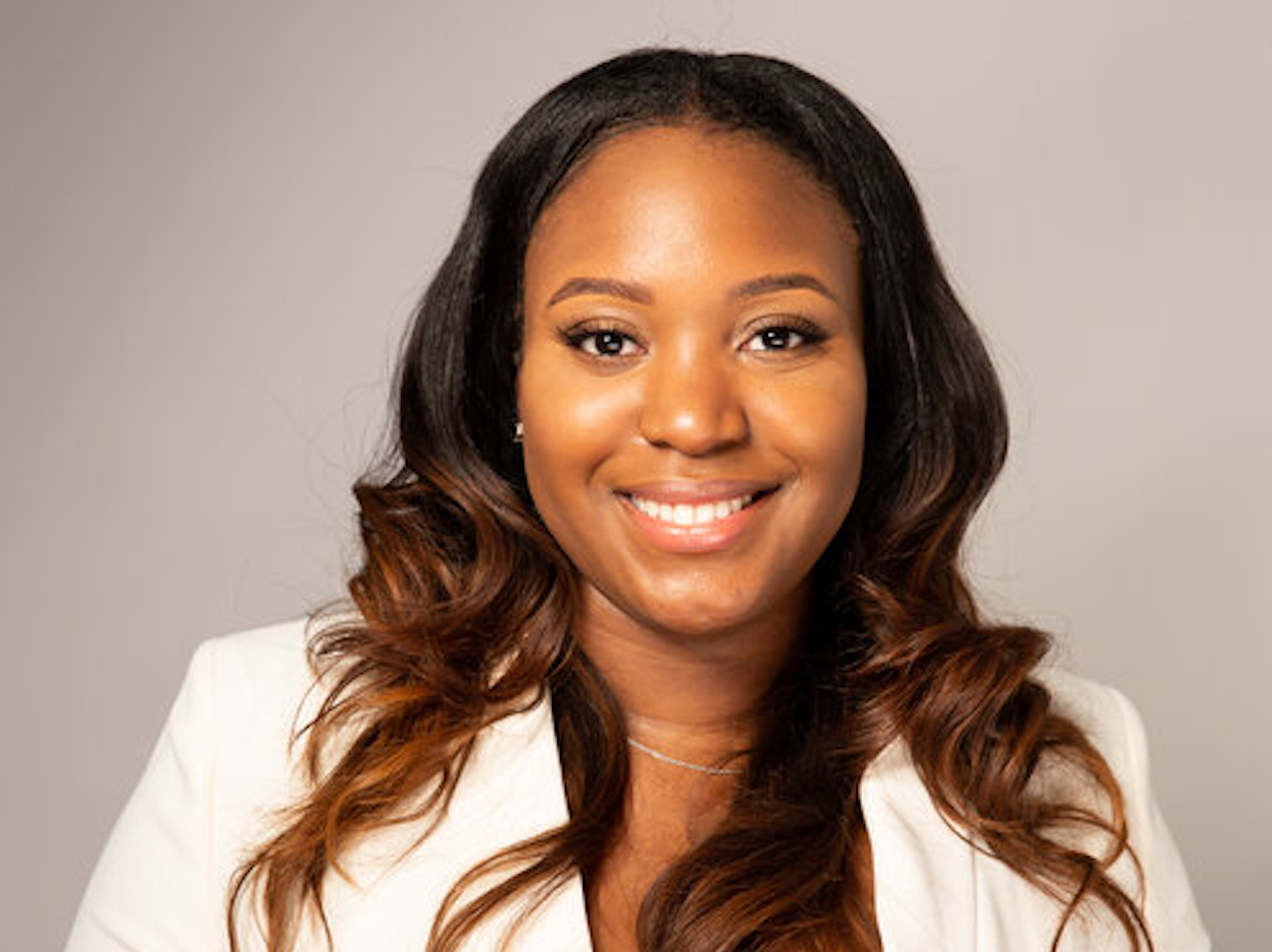
Only 2% of US attorneys are Black women.
This sobering stat is one that 2019 Haverford College graduate Talia Scott was displeased with, and what led her to launch Legally BLK Fund, a non-profit organization dedicated to supporting aspiring Black women attorneys.
Student loan debt is an incredible hurdle for most students, but for recent law grads, it’s a major crisis. The ABA claims that 90% of early-career lawyers have student loans averaging $130,000. It’s easy to imagine how this could be especially devastating for Black women aiming at their legal journey since the racial wealth gap is still pervasive in most Black households. Having forged that path herself, Scott understood this.
“[The] costs became a financial burden and an additional source of stress, and I even accumulated credit card debt to fund my goal of applying to law school,” she said in an interview with Haverford College. “When reflecting on the costs and how much money I spent, I thought about how, if the financial costs of the application process were a barrier for me, they were probably a barrier for other young Black women as well.”
At the onset of the Fund, Scott said she initially had a modest financial goal: just $5,000 to support the costs associated with applying to law school for five Black women. But, only one day after she launched her idea, she’d raised $17, 000 and turned the fund into a non-profit. To date, not only have they raised more funds, but the organization has been selected as a proud winner of the 2022 #MakeitAwards, a New York Knicks and Squarespace partnership – they were gifted $30,000.
“As I thought about the lack of representation in law, I constantly thought about these percentages, as well as the recent killings of Ahmaud Arbery, Breonna Taylor, and George Floyd, which had taken an emotional toll on me,” she said in the interview. “In light of the continued injustice and questions regarding whether their killers will be held accountable and if the district attorney[s] would bring the appropriate charges, I thought about the need for more Black attorneys, especially Black women in law.”